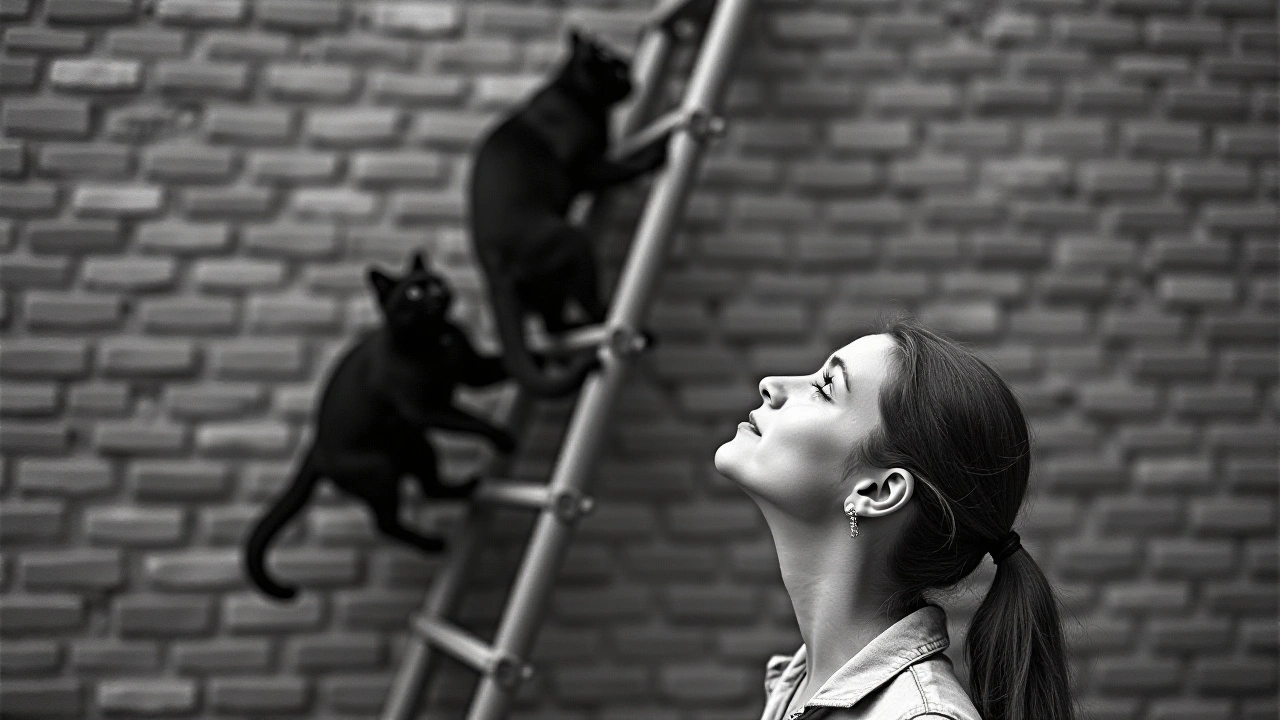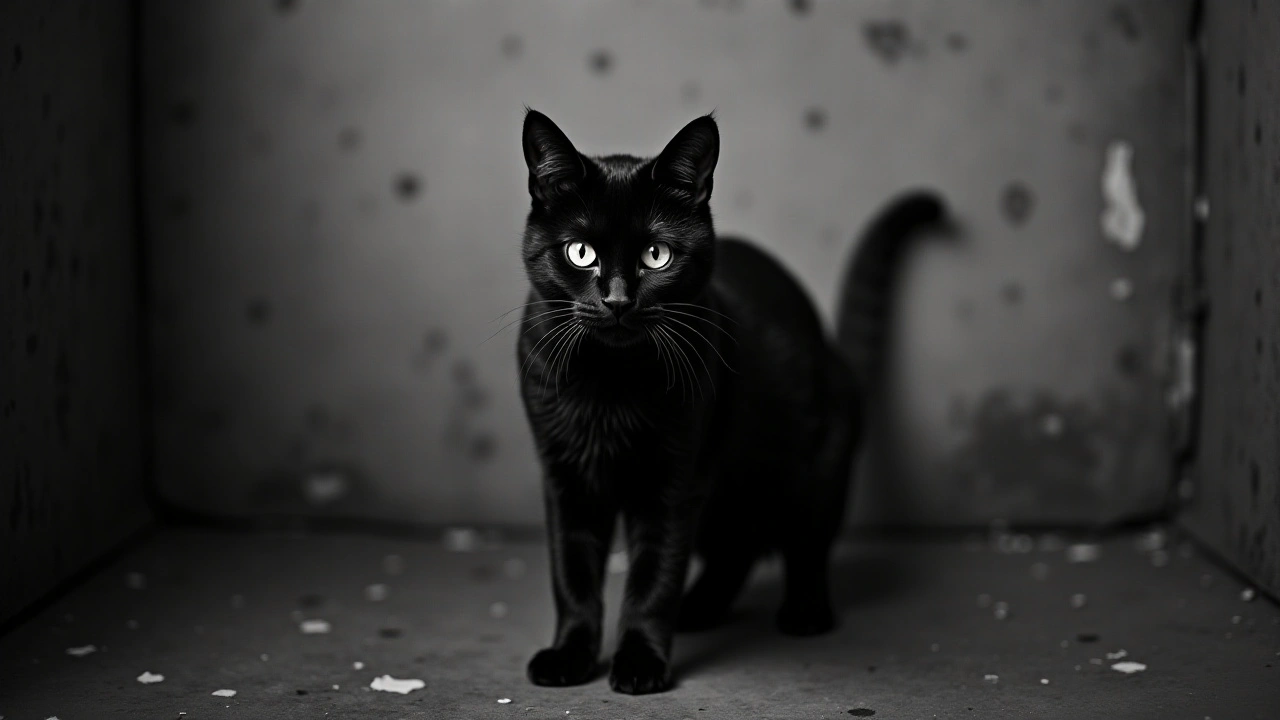What Are Superstitions and Why Do People Believe Them?
Superstitions are beliefs or practices that come from fear of the unknown or from traditions passed down over time. They’re usually about luck, fate, or the supernatural. People might avoid walking under ladders, fear breaking mirrors, or carry lucky charms to feel safer or more confident. It’s interesting how these beliefs stick around even today, shaping how people act without clear reason.
Many superstitions start from simple ideas meant to explain things we don’t understand. For example, crossing fingers became a sign of hoping for good luck, while black cats often get blamed for bad luck. These ideas can come from ancient cultures, religious stories, or even old tales trying to warn people about danger.
How Superstitions Affect Everyday Life
You might wonder if superstitions really matter in today’s world. Well, they often shape small choices like what someone wears, how they plan events, or what they say before something important. Some people carry lucky coins during exams or refuse to open umbrellas indoors. While these acts don’t change facts, they do change how people feel—sometimes calming nerves or boosting confidence.
Different cultures have unique superstitions too. In South Africa, for instance, people might avoid stepping on thresholds or believe certain dreams predict the future. Understanding these beliefs helps us see how culture and history influence not just stories, but habits and lifestyles as well.
Why Questioning Superstitions Can Be Helpful
While superstitions often seem harmless, blindly following them can sometimes restrict us or cause unnecessary worry. Asking why we believe them encourages us to think critically and make decisions based on facts. For example, some people might hesitate to take good opportunities because of a superstition about a specific day or object.
Being aware of superstitions also helps us respect other people’s traditions without accepting everything as truth. So next time you hear about someone knocking on wood or avoiding the number 13, you’ll know it’s part of a deeper human need to find control in an uncertain world.
In the end, superstitions show us how imagination and culture shape our actions. They remind us that behind many simple habits, there’s a story, a history, and a way people try to make sense of life’s unexpected twists.
Friday the 13th: Unveiling the Origins, Superstitions, and the Infamous Horrors
Friday the 13th is shrouded in superstitions and considered unlucky by many due to its historical and cultural origins. This day, feared by millions, has roots in ancient beliefs and is further popularized by the chilling horror franchise. The unlucky label of the number 13, coupled with events like Judas betraying Jesus, enhances the lore. The day and its myths affect modern society from architecture to media.
Julian Parsons | Dec, 13 2024 Read More
The Unyielding Grip of Superstitions: Exploring the Mystique of Friday the 13th
Superstitions, like those surrounding Friday the 13th, permeate various aspects of life, despite lacking a factual basis. These beliefs reflect a human need to control uncertain outcomes and are prevalent even among atheists and scientists. Experts from the University of Miami shed light on the psychology behind and the influence of these irrational practices.
Julian Parsons | Sep, 13 2024 Read More

